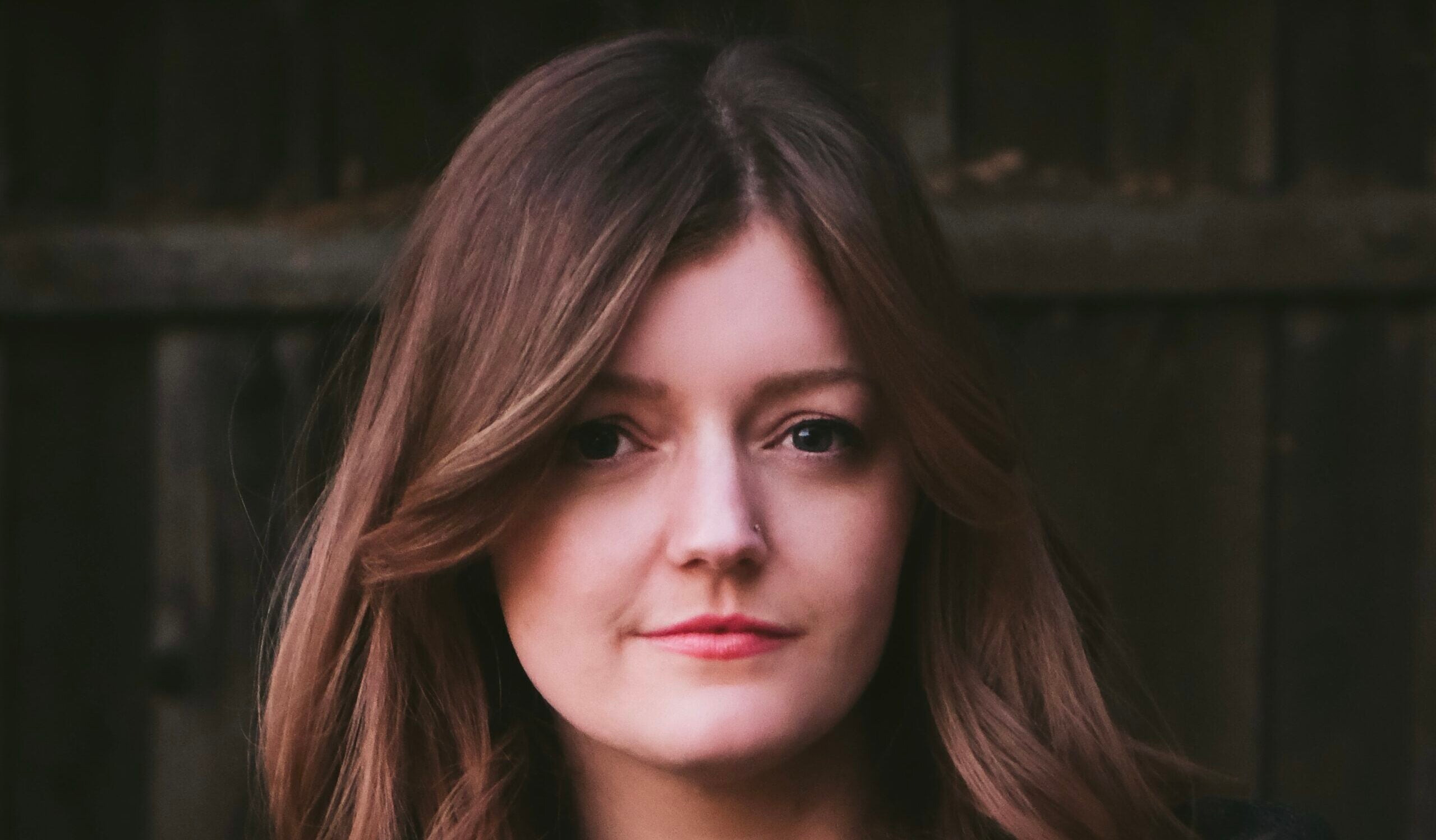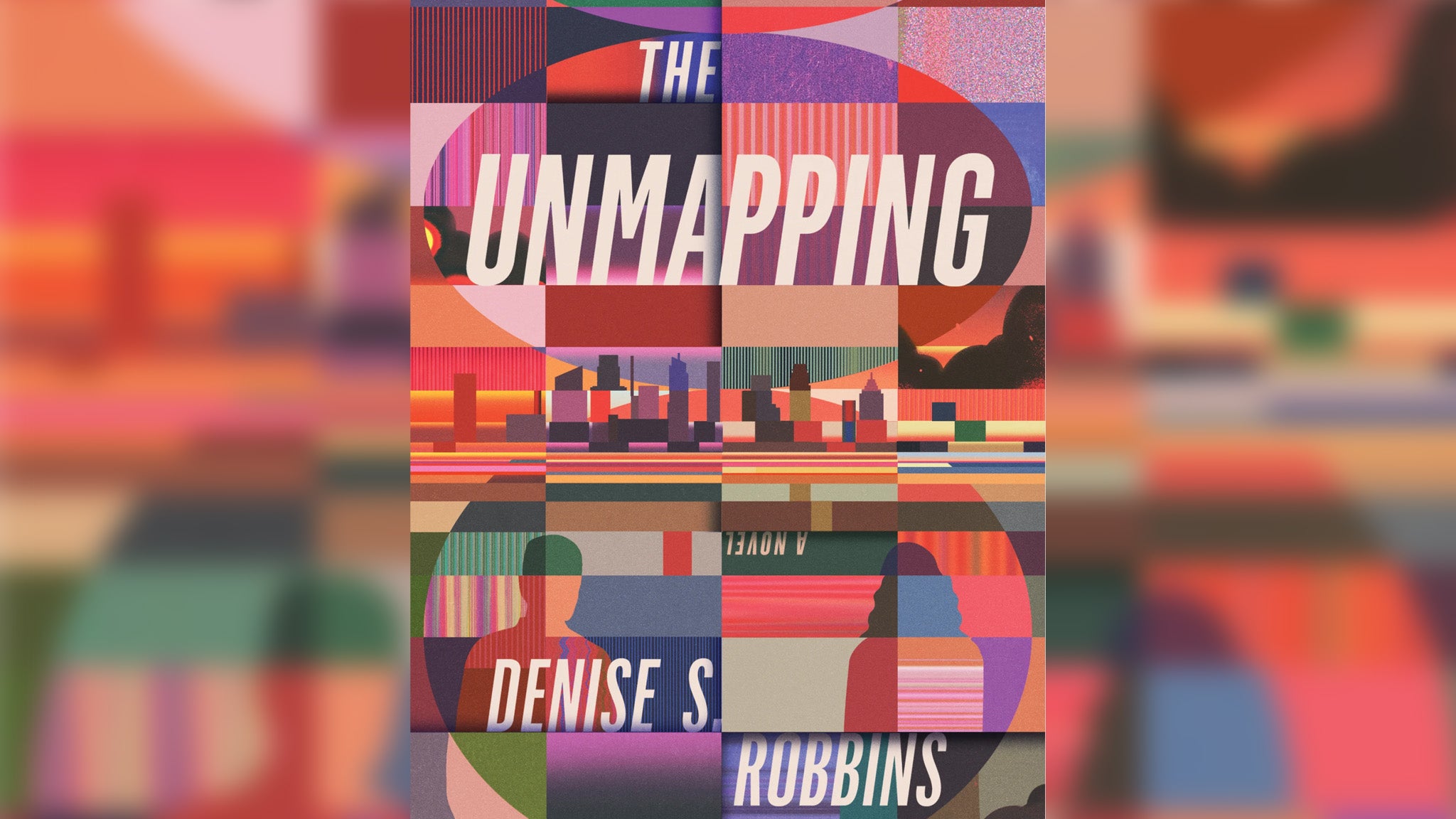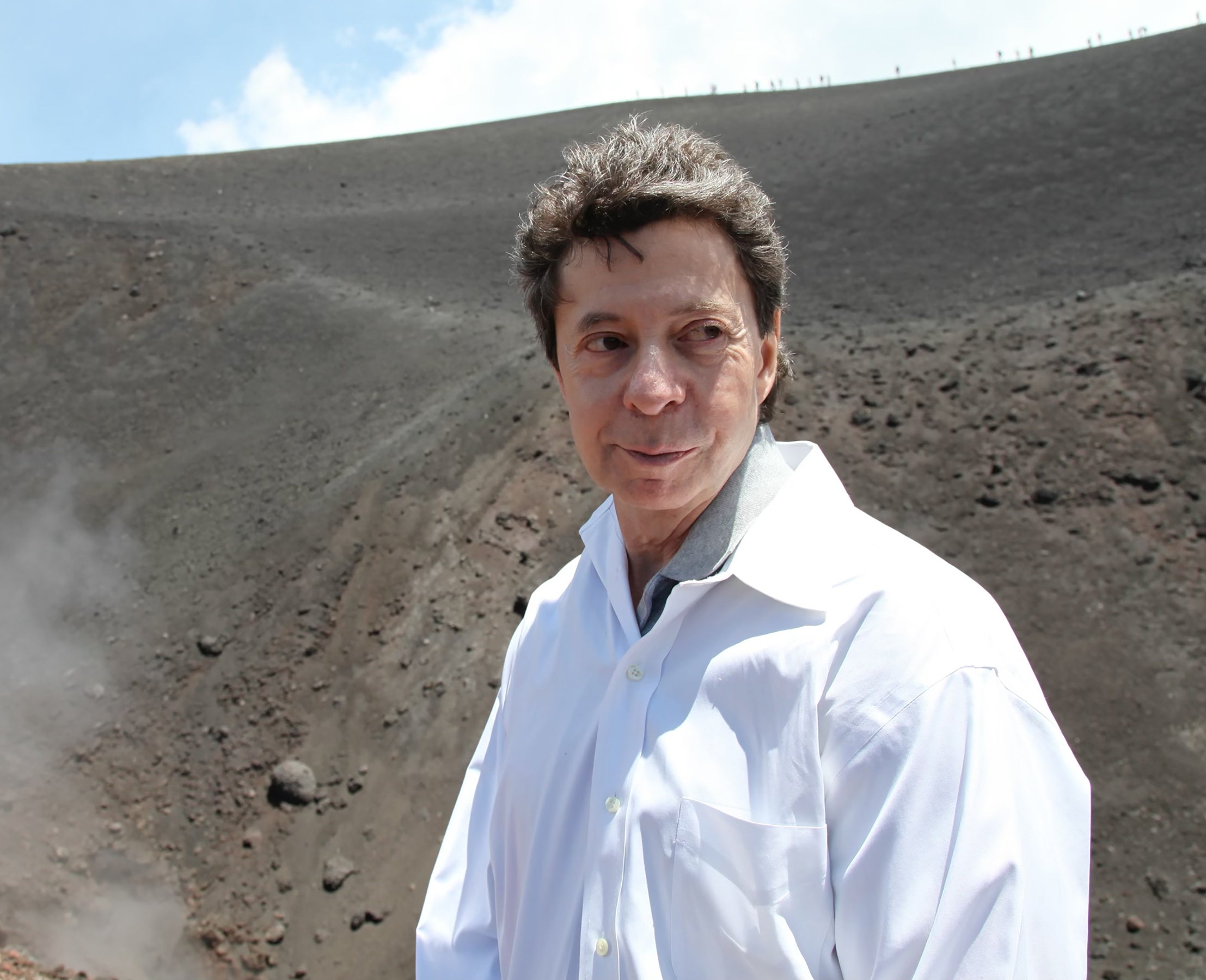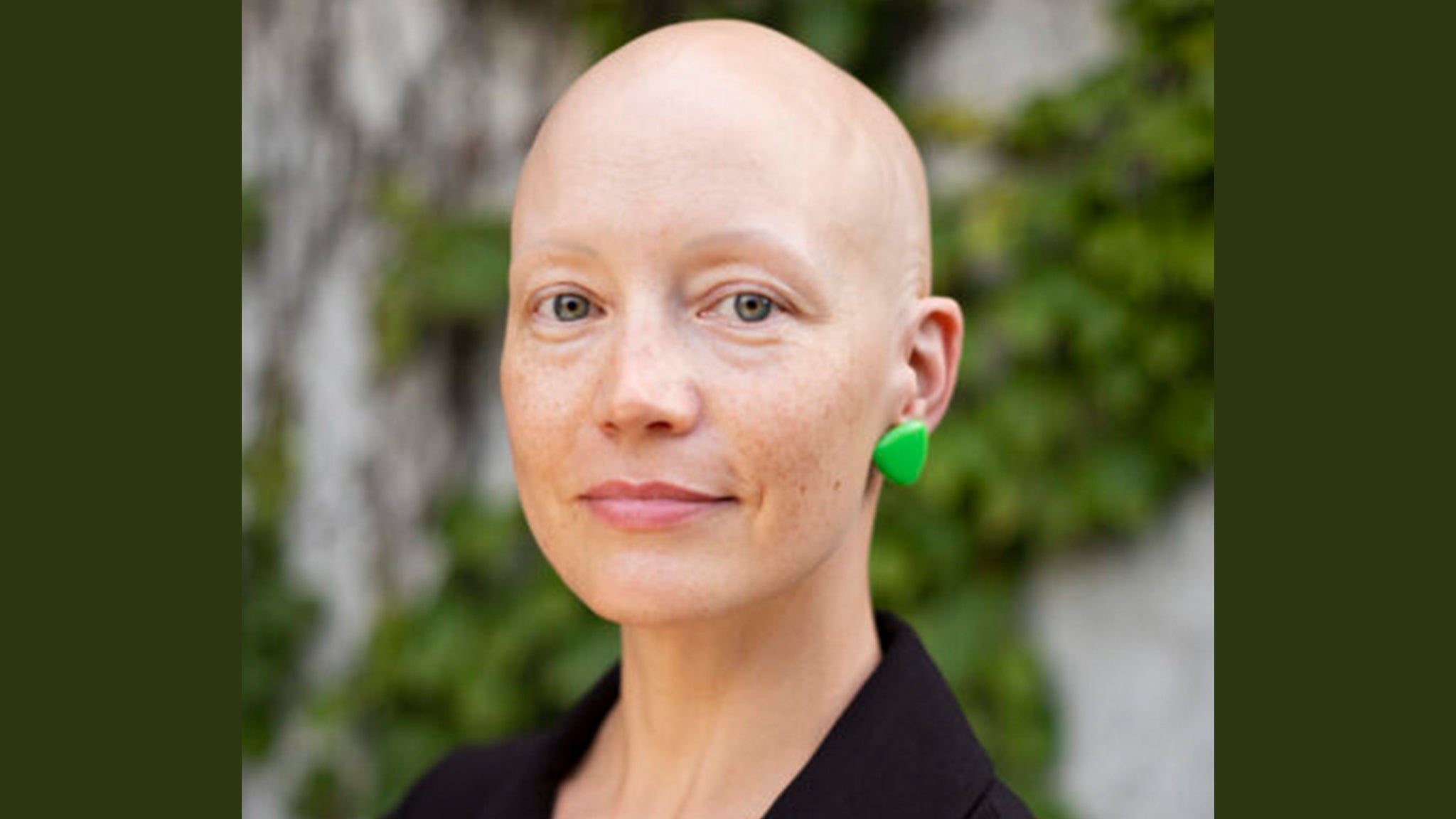If you’re looking for a thoroughly modern Gothic novel, you don’t need to look any further than Sara Sligar’s latest, “Vantage Point.” It had me at “Succession meets Megan Abbott.”
“Vantage Point” is a propulsive story about the Wieland family. The Wielands have it all — wealth, status, power. But they are also dealing with a tragic family curse.
Clara and her brother, Teddy, grew up on a small island in Maine. They have had to deal with the tragic deaths of their parents, rumors and paparazzi.
News with a little more humanity
WPR’s “Wisconsin Today” newsletter keeps you connected to the state you love without feeling overwhelmed. No paywall. No agenda. No corporate filter.
Teddy has married his sister’s best friend, Jess, which complicates their friendship. Then, Teddy decides to run for the Senate. And as if that’s not enough to deal with, videos of Clara are leaked online. Are the videos for real? Or are they deepfakes?
Sligar has written a suspenseful, gripping narrative that raises several questions about the nature of truth in our digital age.
“Vantage Point” is her second novel, inspired by a 1798 Gothic horror classic. She spoke with WPR’s “BETA” about this book and why she found it so intriguing.
The following interview has been edited for clarity and brevity.
Doug Gordon: “Vantage Point” is your second novel. It was inspired by a 1798 Gothic horror classic. Can you tell us about this book and why it interested you?
Sarah Sligar: Charles Brockden Brown’s novel “Wieland” was published in 1798, as you said. It is this story about a family who lives outside Philadelphia and is disturbed and disrupted when a stranger comes into their midst who’s capable of projecting and imitating each other’s voices and the voice of God.
The stranger gradually drives them to despair. At the time when it came out, it was sort of a parable for a lot of the anxieties that Americans were feeling in the early days of the American Republic — anxieties about the idea of democratic voice and what does it mean if we’ve built this whole government on the belief that people’s voices are speaking their truth, speaking what they want out of the country.
DG: “Wieland” includes some of the same characters that occupy “Vantage Point,” including the narrator Clara Wieland and her brother, Teddy. And they share the same last name as the title of the “Wieland” novel. Can you take us back to when you first read “Wieland?”
SS: Yes, it was in grad school. I did my Ph.D. in English at Penn [the University of Pennsylvania], and then I did a little semester study abroad at Stanford.
And in the class I took there, we read it to talk about the intersection of different political anxieties and literature that are coming out in the 1780s and ’90s.
When I first read the novel, I just thought it was so weird and gripping. It’s truly a bizarre novel. And even though it’s been forgotten by most of the population, it is this cult classic among literature professors because it’s just really zany and strange.
I loved reading it. I am not a huge reader beyond my schooling of 19th century and 18th century novels, but I was just gripped from the beginning to the end and I was like, more people need to read this novel.
DG: What was the origin story behind your novel, “Vantage Point”?
SS: I think it was this question of reading “Wieland” and then watching all of the discussions about fake news and misinformation emerge.
That really was the main origin story, to see if I could figure out how to combine those. I think I also had some really misguided idea that if my second novel was like a retelling of something, it would be easier, which turned out definitely not to be true at all. It probably was the opposite in many ways.
It’s set on an island in Maine where I’ve spent a lot of time growing up and my parents now live part-time. And I really care about that place. I would say my writing is pretty atmospheric, pretty Gothic. The setting plays a really big role.
So I think that the other main kind of inspiration was wanting to write a book there and revel in that mean island creepiness.

DG: How did you weave the supernatural elements of your Gothic story with the technology that allows someone to gaslight Clara, which pushes her into a crisis?
SS: If we think about the history of the Gothic novel and that aesthetic, the idea is that there’s usually some kind of unknown, mysterious, supernatural source of the family curse — a supernatural apparition, something like that.
And I think that technology … is kind of equally scary and shadowy and unknown to most people. We don’t know a lot about how technology works, unless we’re highly specialized, and there’s so much of it. It’s so overwhelming.
So, I think that there actually is kind of something inherently Gothic maybe about the specter of technology and about how technology works in our worlds. There’s something so mysterious about it.
I think the overall conjunction of the technological and the Gothic fell into place pretty easily. And I think we might continue to see more novels that take a similar approach to representing technology as we keep moving forward.





